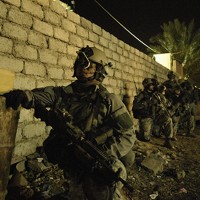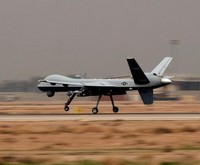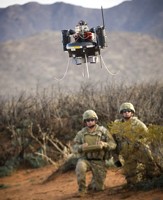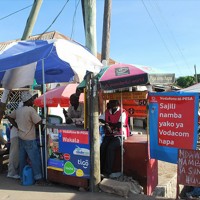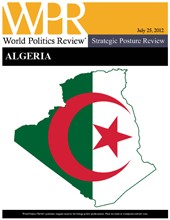
Prior to the disruptions that have swept the Middle East and North Africa since 2011, Algeria had achieved a comfortable balance between its internal and external strategic priorities. Now it faces the challenge of repositioning itself both within a region in flux and in relation to its main international alliances with France, the U.S. and — as its main supplier of arms — Russia. On the plus side, Algeria has weathered the storms of regional change well since early 2011, even if this has come at the expense of looking increasingly out of sync with the rapidity and depth of […]


